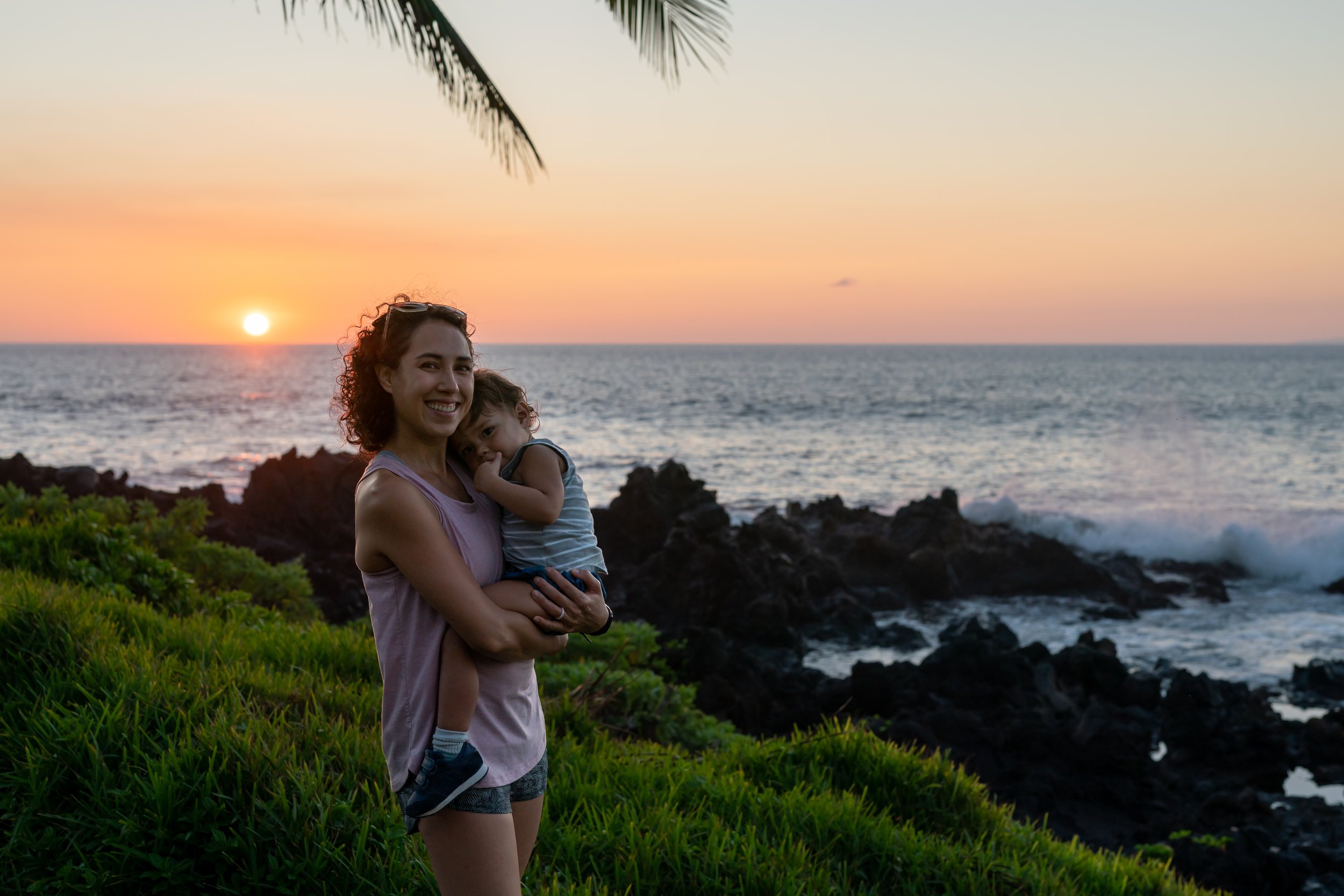
Ke Ola Mamo: Life of the Descendents
Ke Ola Mamo is Oʻahu’s Native Hawaiian Health Care System, committed to improving the health of our island one ‘ohana at a time. While we center Native Hawaiian well-being, our care is open to the entire Oʻahu community.
We take a whole-person approach, blending medical and primary care with traditional healing practices like lomilomi, hula, and more. Native Hawaiians continue to face higher rates of heart disease, diabetes, stroke, and cancer—but to us, these aren’t just statistics. They’re a call to action.
At Ke Ola Mamo, we understand that health is inseparable from culture, history, and community. Every program we offer honors that connection and helps build a stronger, healthier future for all.
“He Ola ka Pōhaku”
Our logo is inspired by the saying he ola ka pōhaku—“there is life in the stone.” The three stacked stones represent kahua, symbolizing the building of a strong, solid foundation. From within these stones emerges a figure holding a pōhaku ku‘i ‘ai (stone poi pounder), a powerful image of sustenance, nourishment, and health. This emblem embodies the belief that by caring for ourselves, we lay the foundation for a stronger, healthier community. It reflects our mission to empower, educate, and promote the well-being of the Native Hawaiian people, ensuring that the strength of our culture continues to thrive.
-
We believe in a healthy lahui. That a strong foundation of good health can help Native Hawaiians thrive.
Hilinaʻi mākou i ke olakino o ka lāhui. ʻO ke olakino maikaʻi ke kahua ʻonipaʻa no ka ulu pono o nā Kānaka Maoli.
-
We believe in the power of healing. Our bodies. Our minds. Our spirits. Uplifting lives with accessible, quality care.
Hilinaʻi mākou i ka mana o ka hoʻōla ʻana. No ko kākou mau kino. No ko kākou mau naʻau. No ko kākou mau ʻuhane. E kākoʻo ʻia ke ola pono ma o ka lapaʻau maikaʻi.
-
We believe in empowerment. Because for our people to flourish, we must take the well-being of our keiki and kupuna into our own hands.
Hilinaʻi mākou i ka hoʻomana ʻana. No ka ulu pono o ka lāhui, pono kākou e mālama i ke olakino o nā keiki a me nā kūpuna, no kākou iho.


